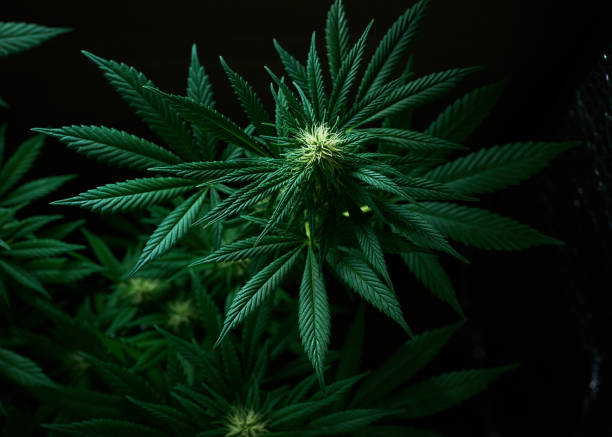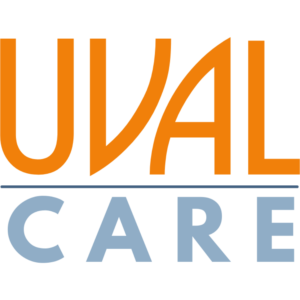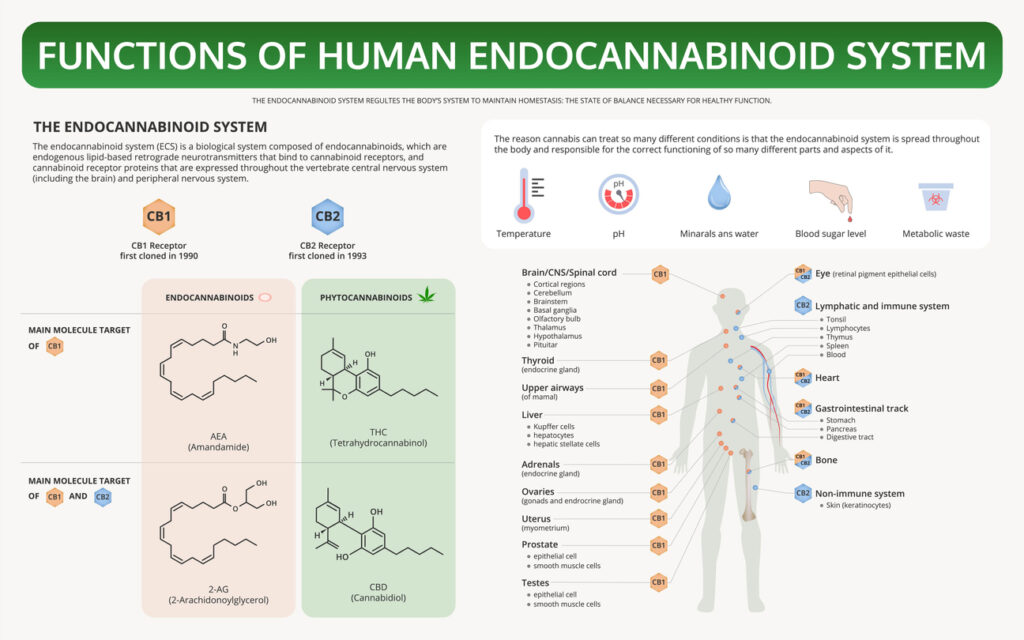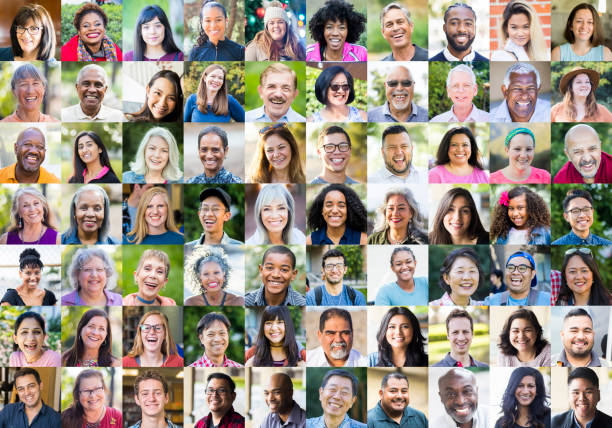Why is CBD still a taboo subject?
The other day, I was talking with some parents after school about stress: how we’ve all been coping these last two years and specifically what we’re doing to take care of ourselves. After listening to the usual, “I try to exercise weekly” and “I don’t really have the time!” one mom looked around cautiously before quietly saying, “Don’t judge… but I’ve been taking CBD.” I was shocked! Not because she was actually taking CBD (I’m a regular user myself), but because she was so embarrassed to say it out loud.
I live in a very progressive part of California, and this was a relatively liberal group of moms and dads who all know each other quite well. And yet, you’d think she was admitting to doing heroin or leaving her kids unsupervised while she went out for a drink! In California and most of the 50 states in the US, CBD is completely legal. So why is it still such a taboo subject to talk about?
For many people, CBD is synonymous with marijuana, aka pot, which is still considered a schedule-1 substance by the US FDA. They associate CBD with doing drugs and being high. But the cannabis compound responsible for getting you high isn’t CBD, it’s THC. While both of these compounds stem from the same plant, they have incredibly different effects on users.

How do CBD and THC interact with my body?
Let’s take a closer look so we can set the story straight. CBD and THC are part of the family of 113 known cannabinoids, a type of compound derived from the cannabis plant. These cannabinoids react with a system known as the endocannabinoid system (ECS), which is inherent in humans and other mammals.
Simply speaking, the ECS is a complex system that is responsible for regulating many bodily functions and keeping our bodies in homeostasis. Our bodies naturally produce endocannabinoids (endo- meaning internal) that feed the ECS, but stress, injury, and modern life have led to cannabinoid deficiencies in many people. Some cannabinoids from the cannabis plant, known as phytocannabinoids (phyto- meaning relating to plants), mimic and interact with the body’s naturally occurring cannabinoids and help restore depleted levels and improve optimal performance of the ECS.
Different cannabinoids react differently with the ECS, and while we’re still learning about them, a handful of cannabinoids have been extensively studied, most notably CBD and THC. What we know for sure is that THC interacts with certain receptors in our brain, which is what gives us that “high” feeling. CBD, on the other hand, prolongs the effects of our natural endo cannabinoids and does not have psychotropic effects; therefore it does not get you “high.”
So why is there stigma around CBD?
CBD is derived from hemp, a product of the cannabis plant. It wasn’t until the passage of the 2018 Farm Bill Act in the US that hemp was removed from the definition of marijuana, effectively separating it from the schedule-1 drug. Technically speaking, CBD products with less than 0.3% THC are considered legal in the eyes of the federal government (and most US states, though some states still ban CBD products).
But this is still a very recent development, and while laws may change overnight, people’s perceptions don’t. For the past century, the US has been embroiled in various efforts to criminalize certain drugs, from Nixon’s War on Drugs to Nancy Reagan’s “Just Say No” campaign (which was revived by the Trump administration). These campaigns had little to no basis in scientific research. Cannabis and other plant-based drugs (like mushrooms) have been used for medicinal and spiritual purposes for millennia. Sadly, they were highly politicized and publicized, resulting in nearly a century of misuse, misunderstanding, and fear.

But it looks like the tides are turning. With the passage of the 2018 Farm Bill Act federally legalizing CBD, and states from California to Vermont legalizing recreational use of marijuana and THC products, more studies are being conducted that show the ever-increasing benefits of the cannabis plant and its cannabinoids. It’s just taking society a little longer to let go of its preconceived notions.
As we learn more about this plant’s incredible properties and its ability to interact with our body and mind, CBD will become as commonplace as dietary supplements and yoga classes. There will be no more hushed voices and shifty glances; friends will swap advice and product recommendations as freely as they do favorite recipes. So the next time you hear someone talking about CBD, don’t be shy! It’s time we normalized and accepted cannabis for what it is: a powerful tool and a natural part of anyone’s self-care routine.
We love talking about CBD! If you have any questions about cannabis, the ECS, or CBD products, don’t hesitate to contact us at contact@uvalcare.com.
Sophie Lawson is a contributing content writer for UVAL Care


